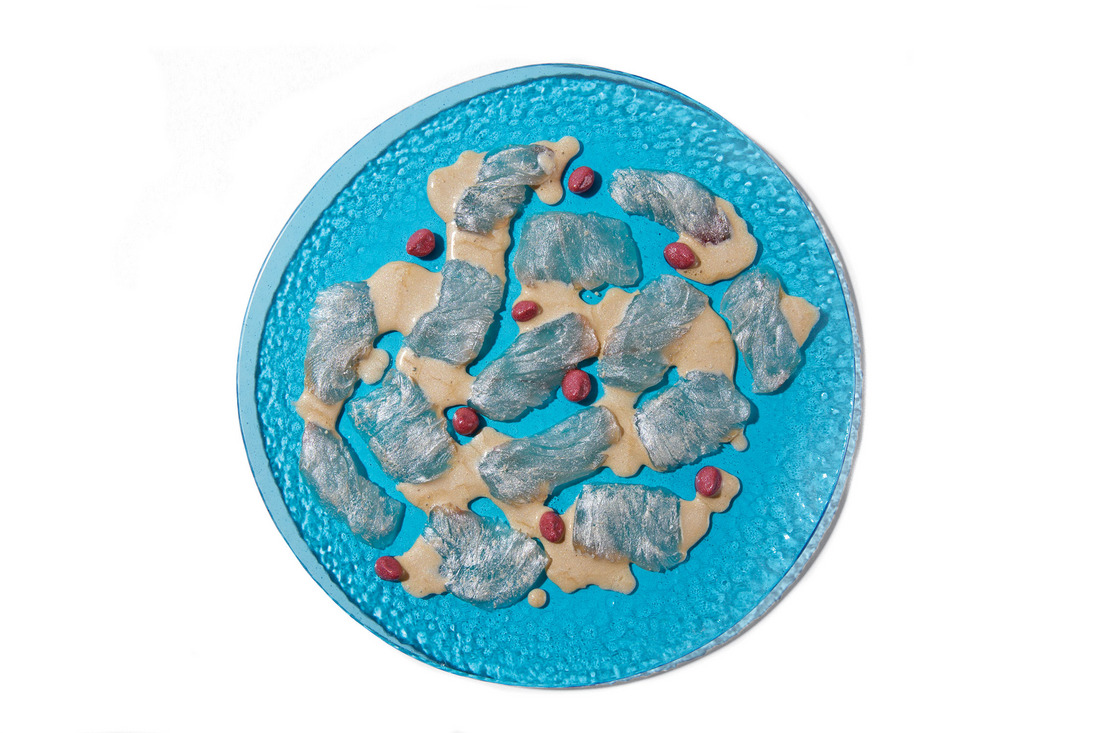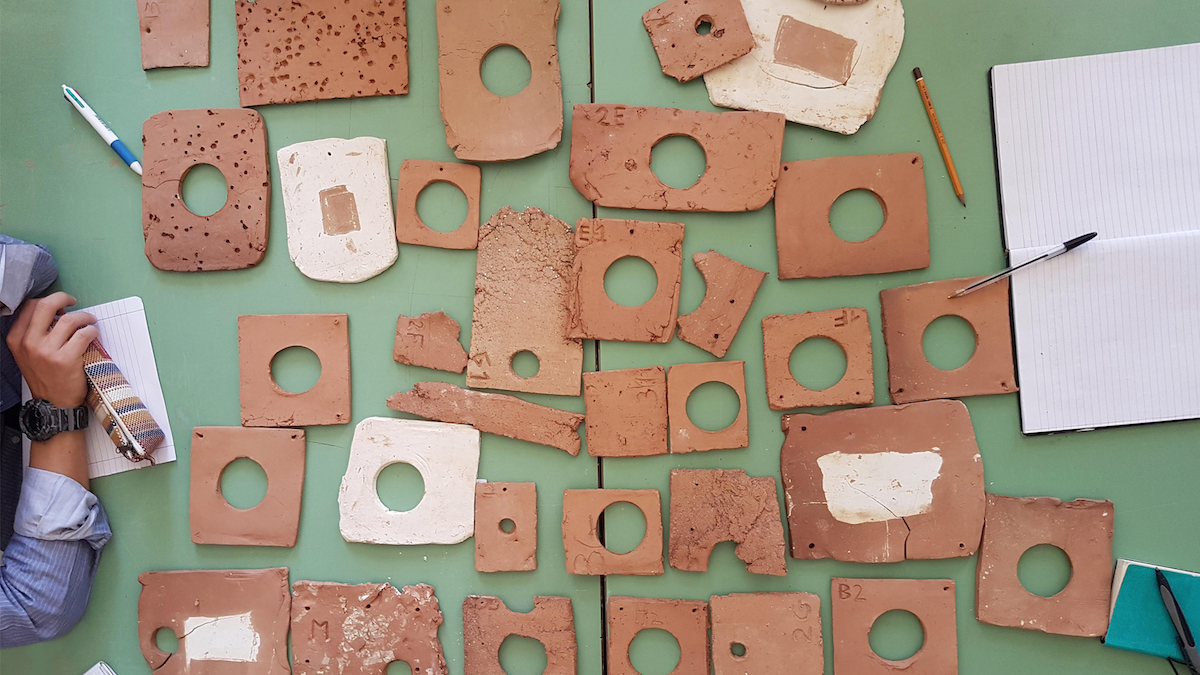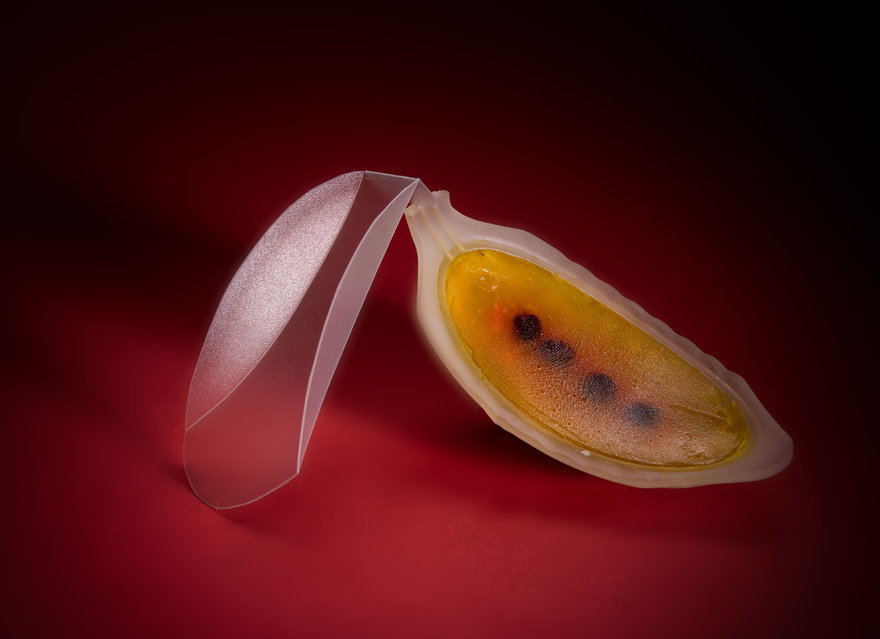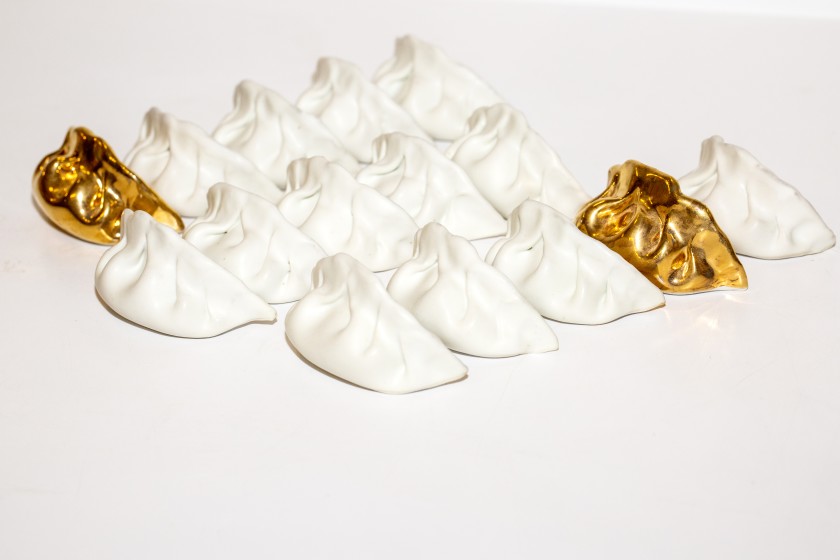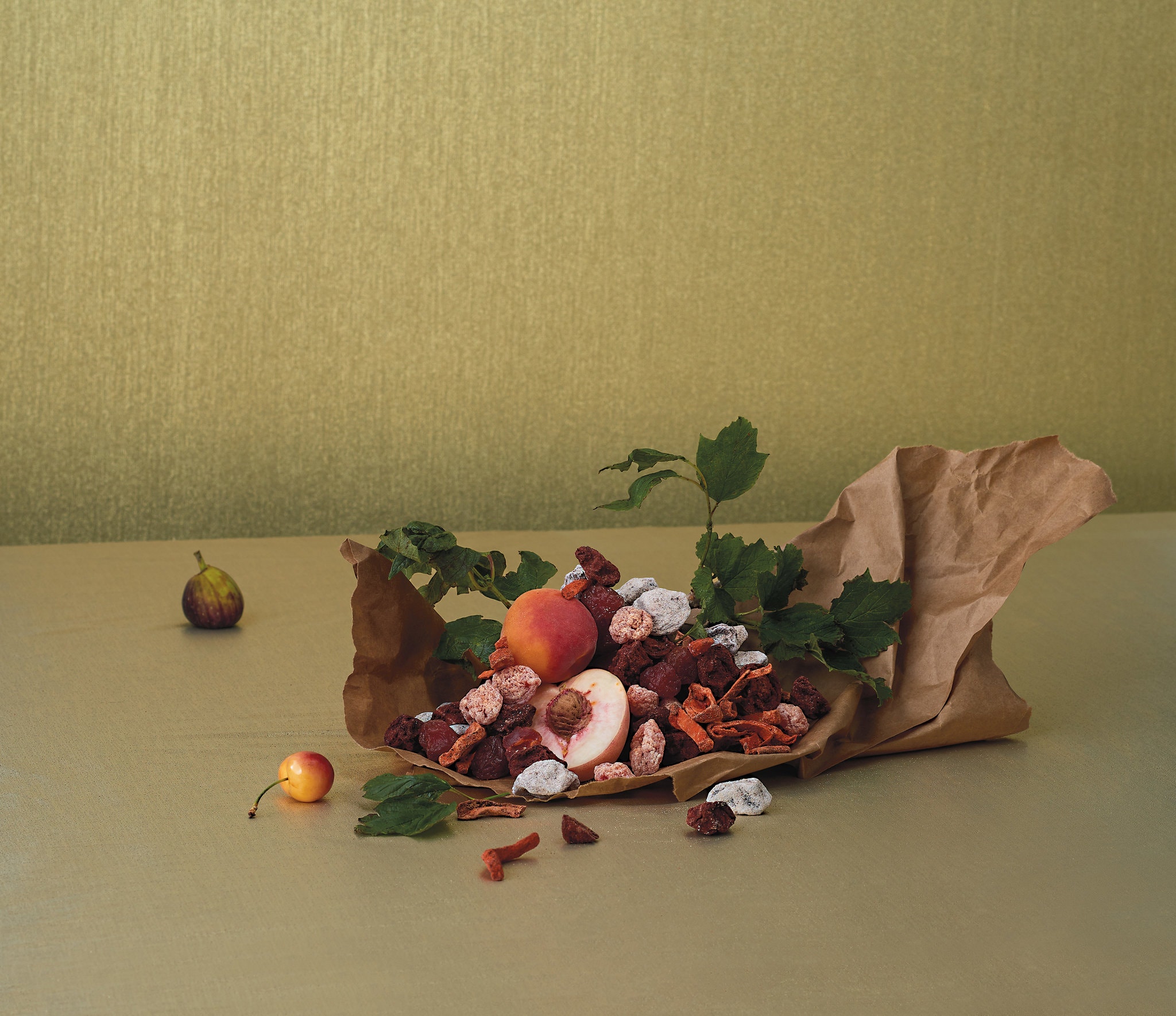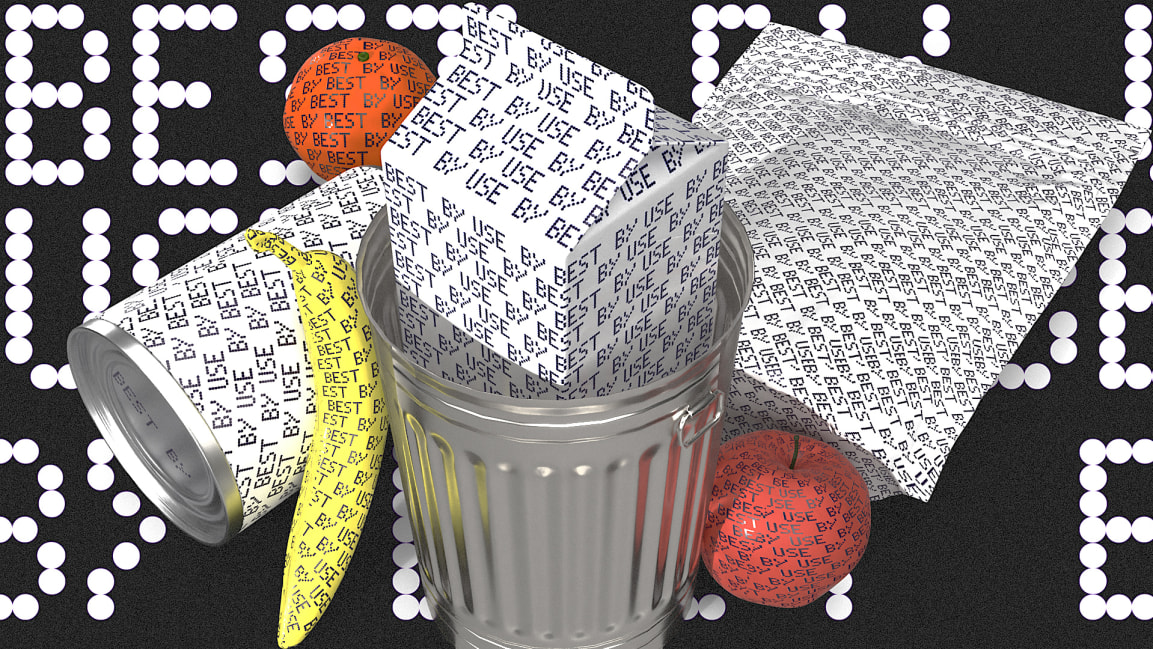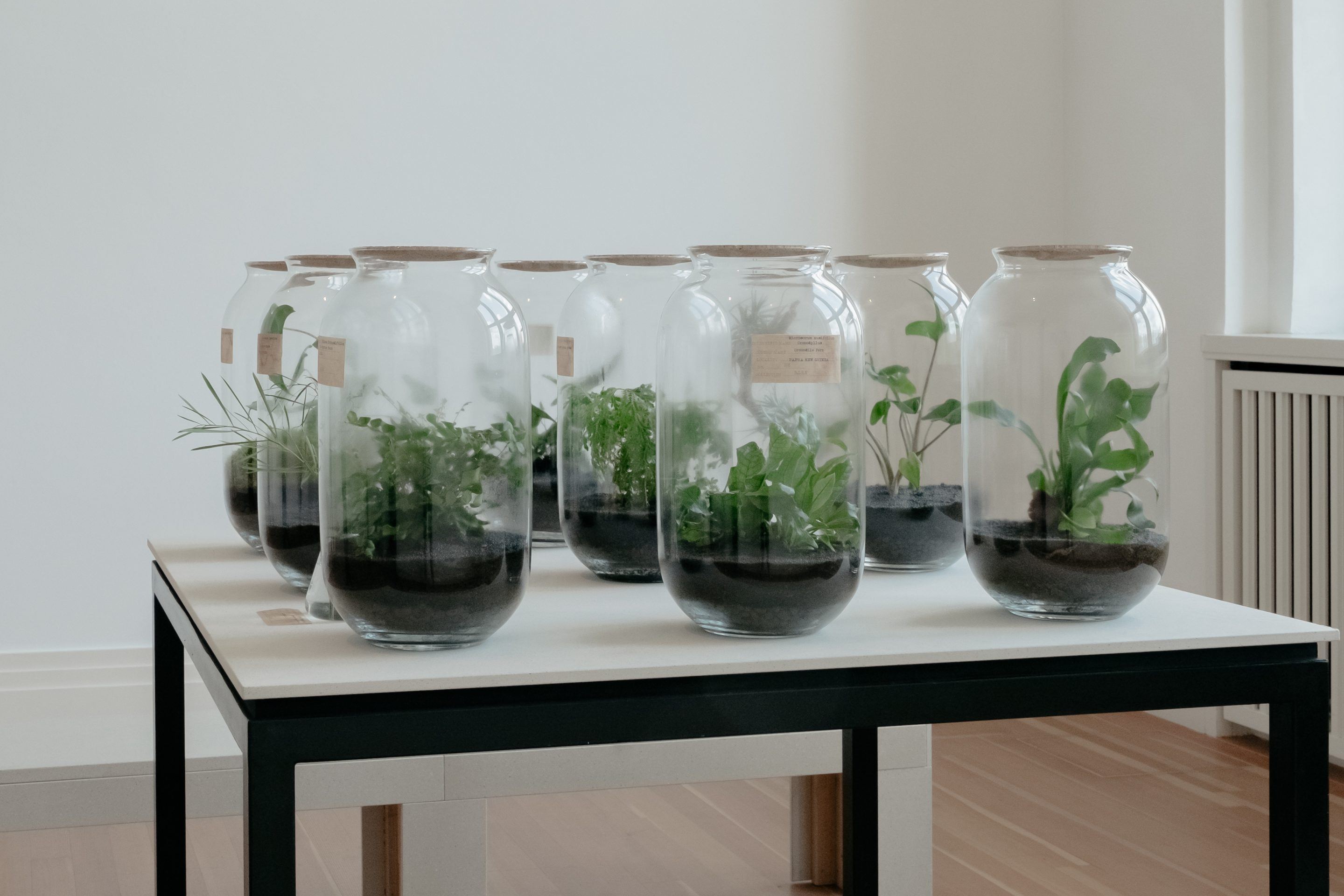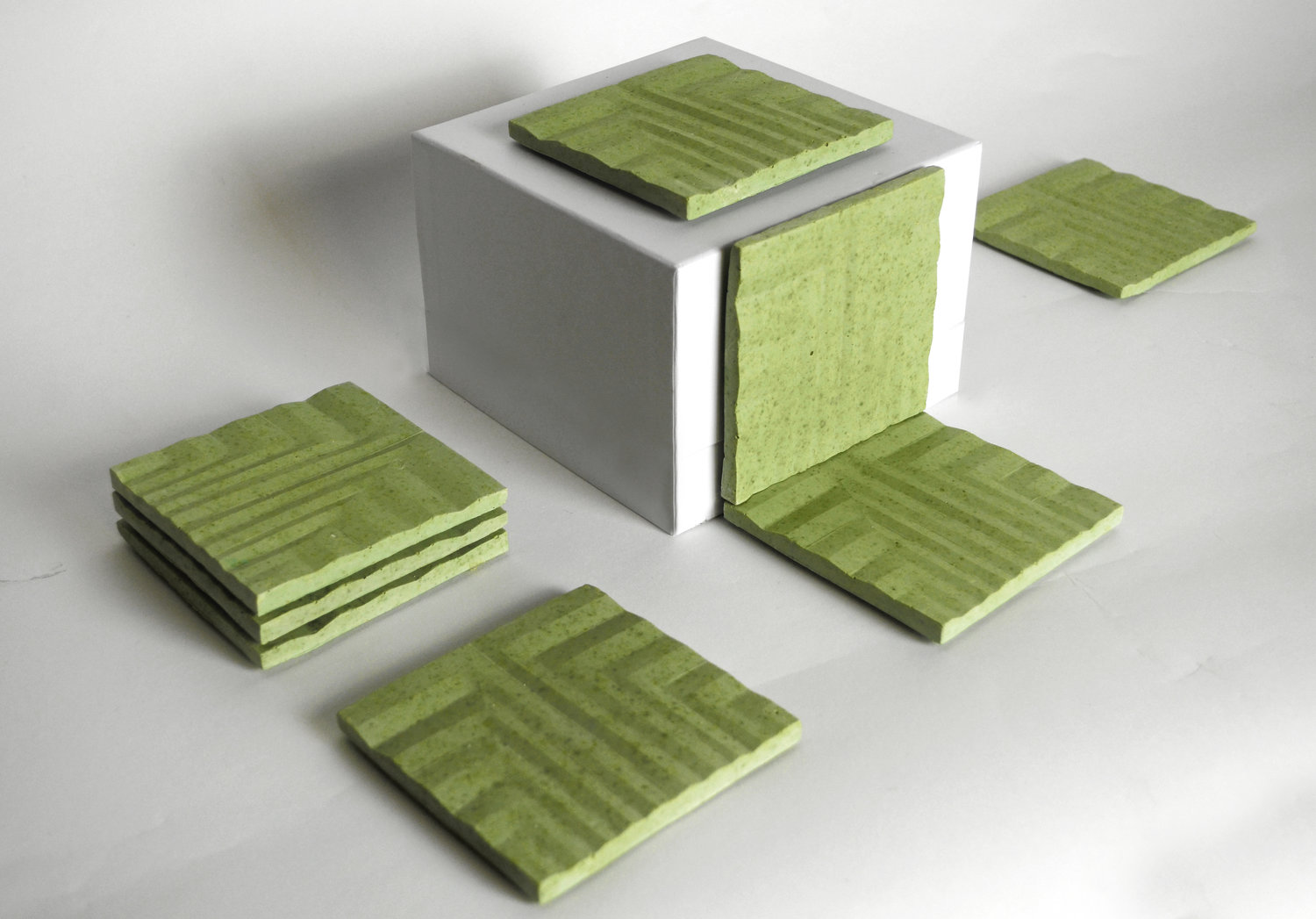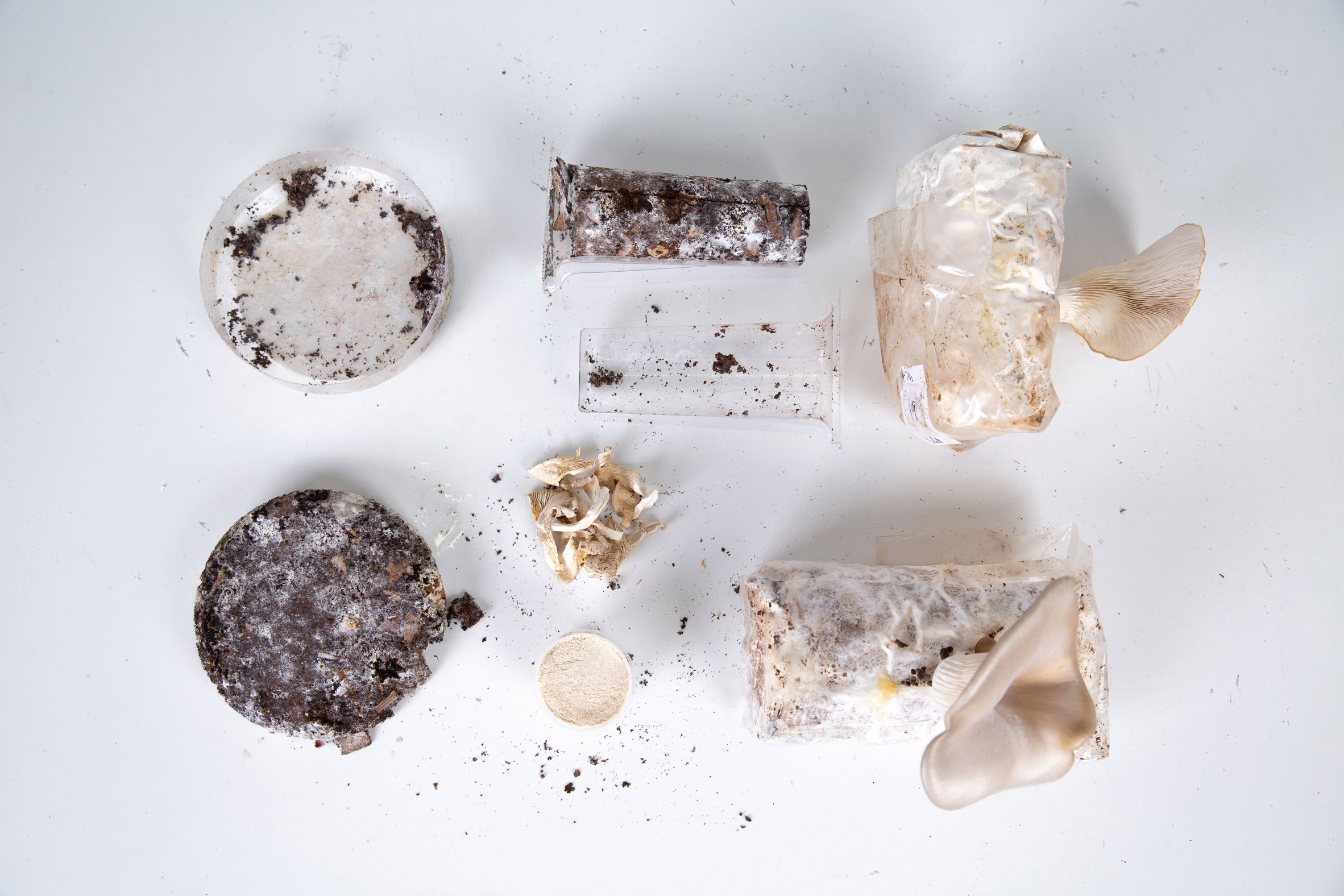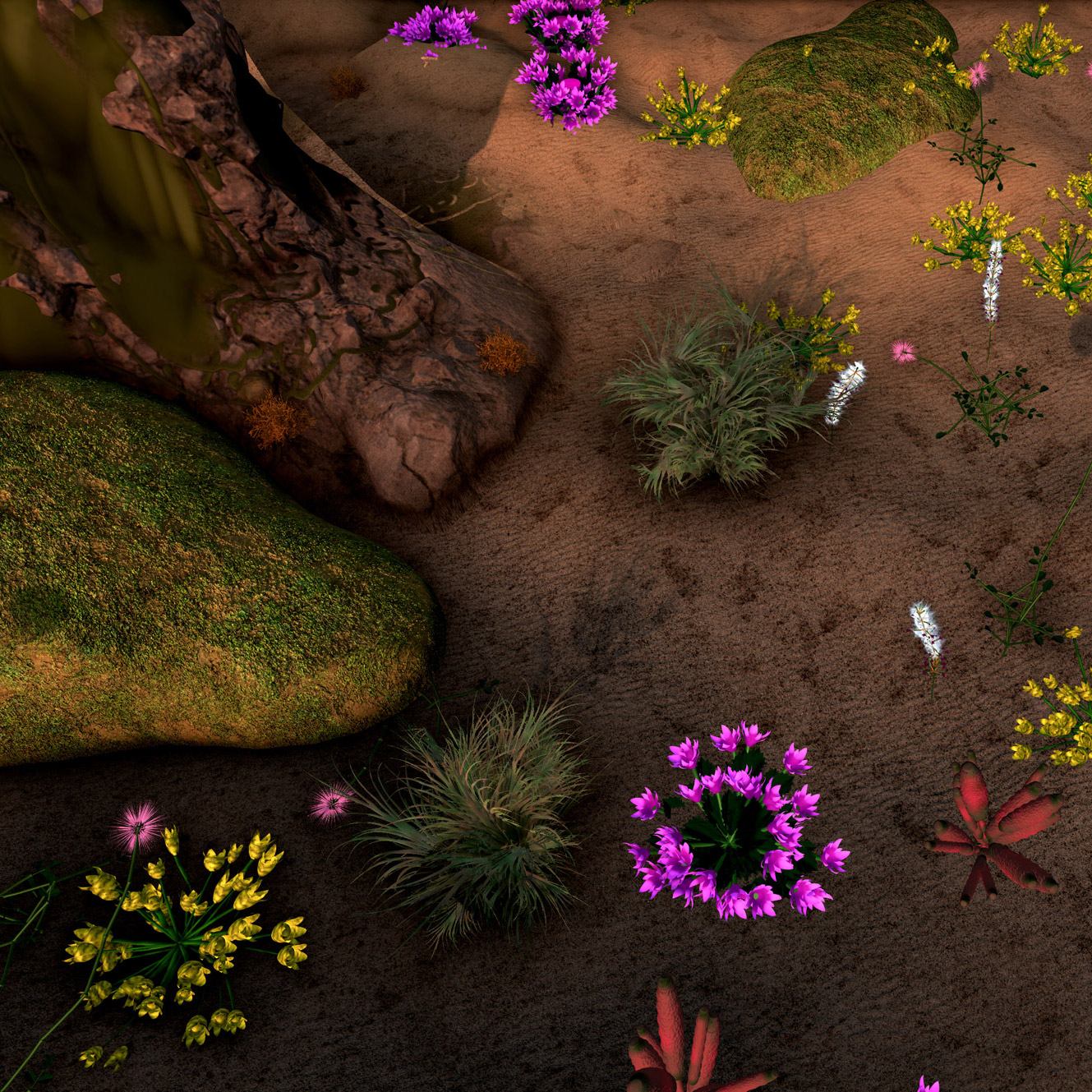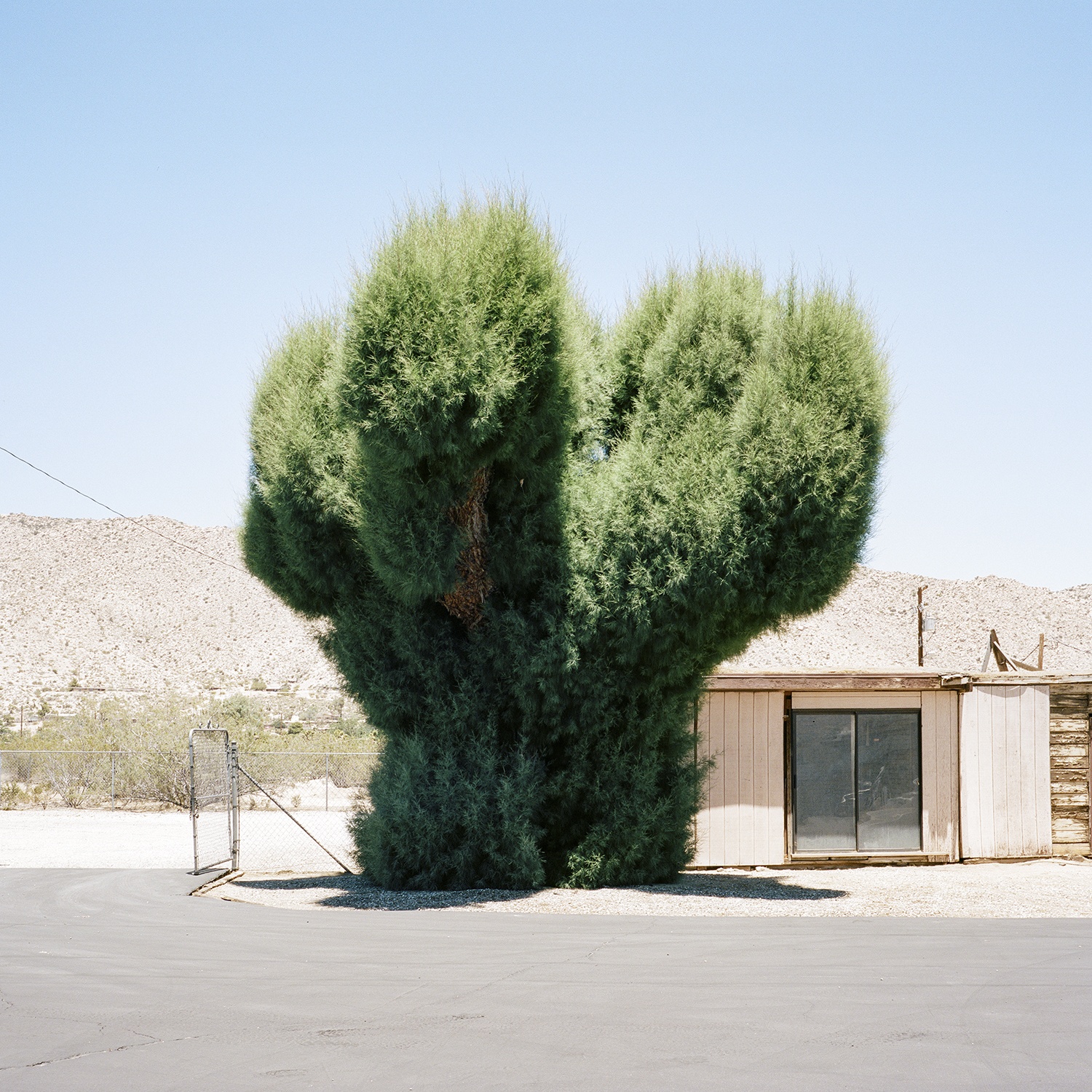Our weekly serving of off-the-menu items—a few popular favorites from the week, as well as a few morsels that may have slipped your notice.
Coffee in the Era of Climate Change
Global warming’s implication for the future of coffee is dire, with scientists predicting that 28% of coffee farmland is at severe risk of becoming unsuitable for cultivation. Finca Takesi—the world’s highest elevation coffee farm—is using its unique microclimate and lower temperature to test possible solutions for the obstacles facing coffee production.
British designer Tom Dixon and IKEA have collaborated on a set of gardening tools and implements that encourage urban consumers to farm at home. The series can be used to grow food or medicinal plants, encouraging individuals to become more focused on health and sustainability.
Changing Food Economies in China
China is home to 20% of the world’s population, but only holds 7% of the world’s arable land. This disparity – and the consequent pressure of a rapidly increasing population – is changing the way China eats. SPACE10 and YEAST. took a closer look at these changes, identifying twelve of the biggest food trends in Chinese cities.
Corn cultivation in the mid-western US has become so intensified over the past 50 years that it has actually changed the weather. Corn production has increased by 400% since 1950, yielding crop fields strong enough to counteract the effects of climate change. These weather changes actually produce better growing conditions for the crop, with increased rainfall and slightly lower temperatures.
 Photo illustration by Cristiana Couceiro.
Photo illustration by Cristiana Couceiro.
Most of us eat food without taking into account the effect it has on our bodies – we consume things because they taste good, or because it’s what people normally eat, without considering exactly how food can impact our health. This piece explores the potential impact that food can have on health, asking questions about how food interacts with cancer, and introducing the idea that our diet can be a form of molecular therapy.




